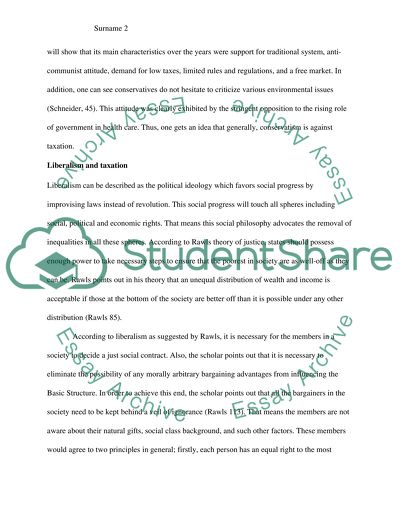Cite this document
(“Taxation Essay Example | Topics and Well Written Essays - 1500 words - 2”, n.d.)
Taxation Essay Example | Topics and Well Written Essays - 1500 words - 2. Retrieved from https://studentshare.org/history/1496456-taxation
Taxation Essay Example | Topics and Well Written Essays - 1500 words - 2. Retrieved from https://studentshare.org/history/1496456-taxation
(Taxation Essay Example | Topics and Well Written Essays - 1500 Words - 2)
Taxation Essay Example | Topics and Well Written Essays - 1500 Words - 2. https://studentshare.org/history/1496456-taxation.
Taxation Essay Example | Topics and Well Written Essays - 1500 Words - 2. https://studentshare.org/history/1496456-taxation.
“Taxation Essay Example | Topics and Well Written Essays - 1500 Words - 2”, n.d. https://studentshare.org/history/1496456-taxation.


